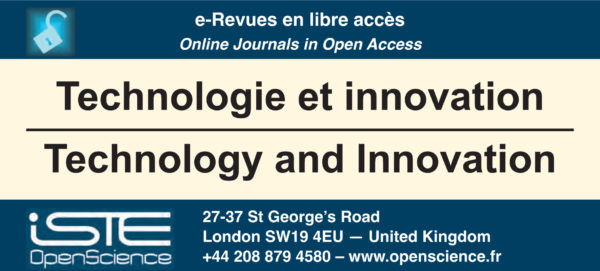Since the work of the Club of Rome, in the late 1960s, as well as in the recent reports from the Intergovernmental Panel on Climate Change (IPCC), it is becoming increasingly clear that our production and consumption patterns are not sustainable and that far-reaching changes are needed in our societies. In fact, the prevailing economic model, based on the linear principle “extract-produce-use-dump”, excessively consumes raw materials and energy. It also produces an abundant supply of waste. This model of economic growth is not sustainable in a context where the world population is increasing while planet Earth’s resources are limited. The circular economy is a promising approach to tackle these problems. Its core principle is to close the loop of products, materials and resources material flows in order to maintain their value as long as possible, to increase the efficiency of their use, to extent resource life, and to reintroduce waste as nutrients in these loops. Summarizing the circular economy to closing material loops and recycling waste is however simplistic.The transition towards a circular economy is a complex process which requires a systemic approach. It has to articulate production and consumption issues at several levels: micro (companies, consumers), meso (industries) and macro (city, country). It has to accommodate the organisation of heterogeneous actors, with top-down approaches undertaken by public bodies and individual initiatives that are bottom-up. Furthermore, it entails: (i) reconsidering product design and the choice of materials to make feedback loops possible, (ii) reshaping sectors and ecosystems by creating reverse supply chains, (iii) conceiving sustainable or circular business models which combine economic, environmental and social benefits, and (iv) creating technological, organisational, strategic, and legislative enabling conditions. The circular economy is still in an emerging phase; the wait becoming environmentally and humanly unbearable!
Written by
Jean-Claude Boldrini (IAE Nantes Economie & Management)
Nicolas Antheaume (IAE Nantes Economie & Management)
More:
 |
Circular Economy : Innovations for the Future
|

